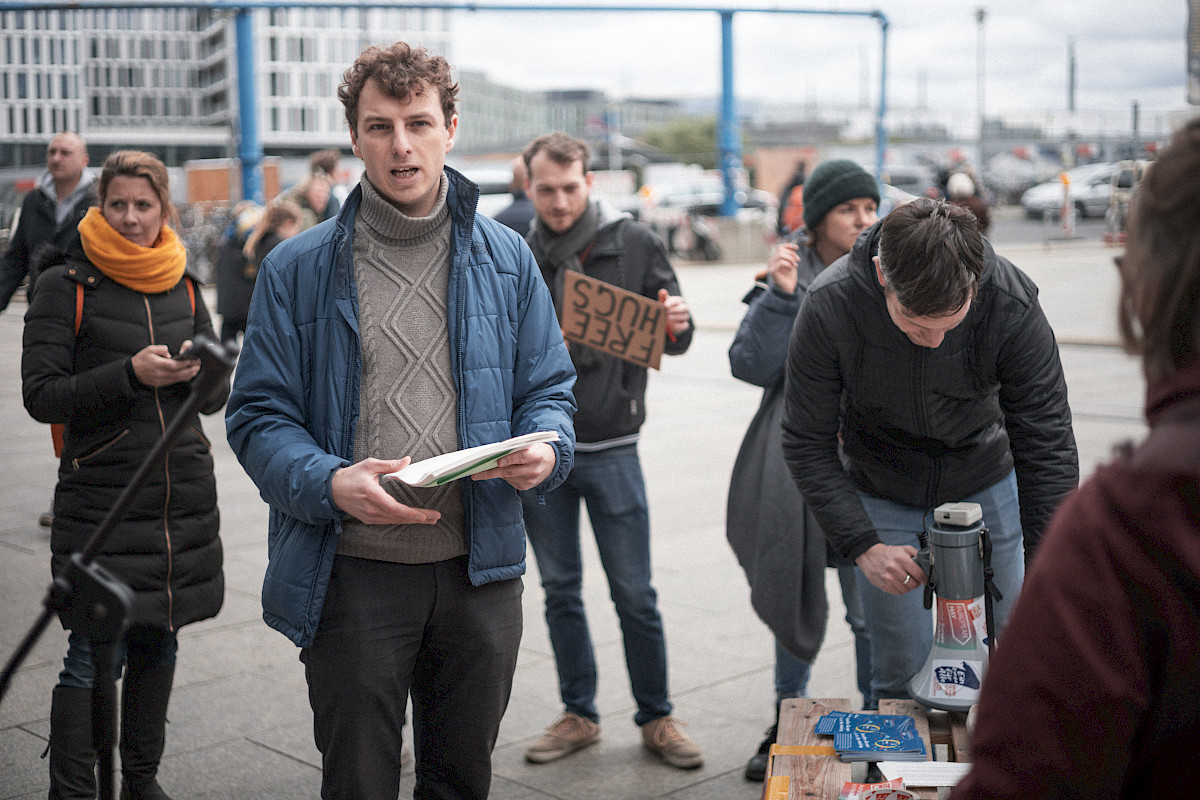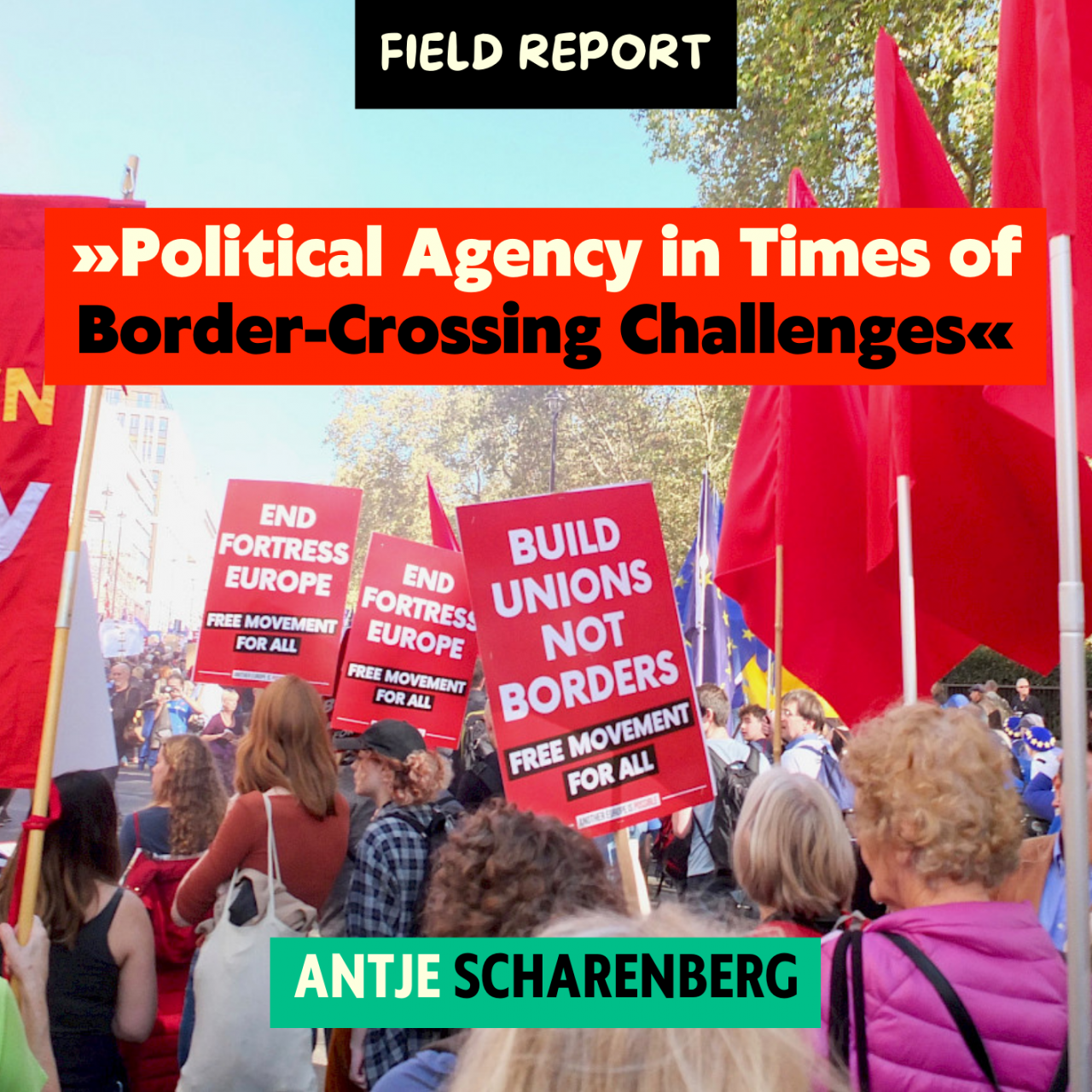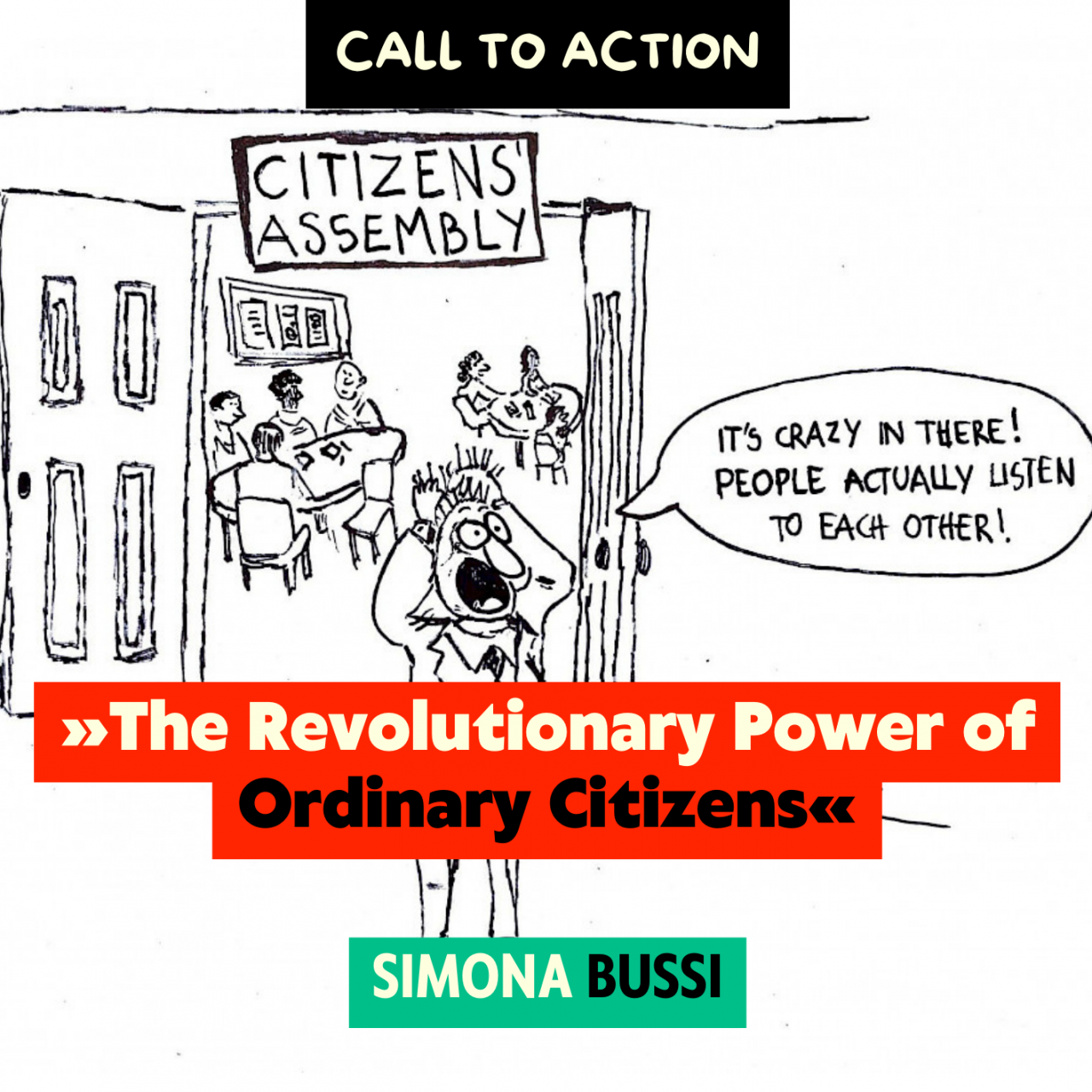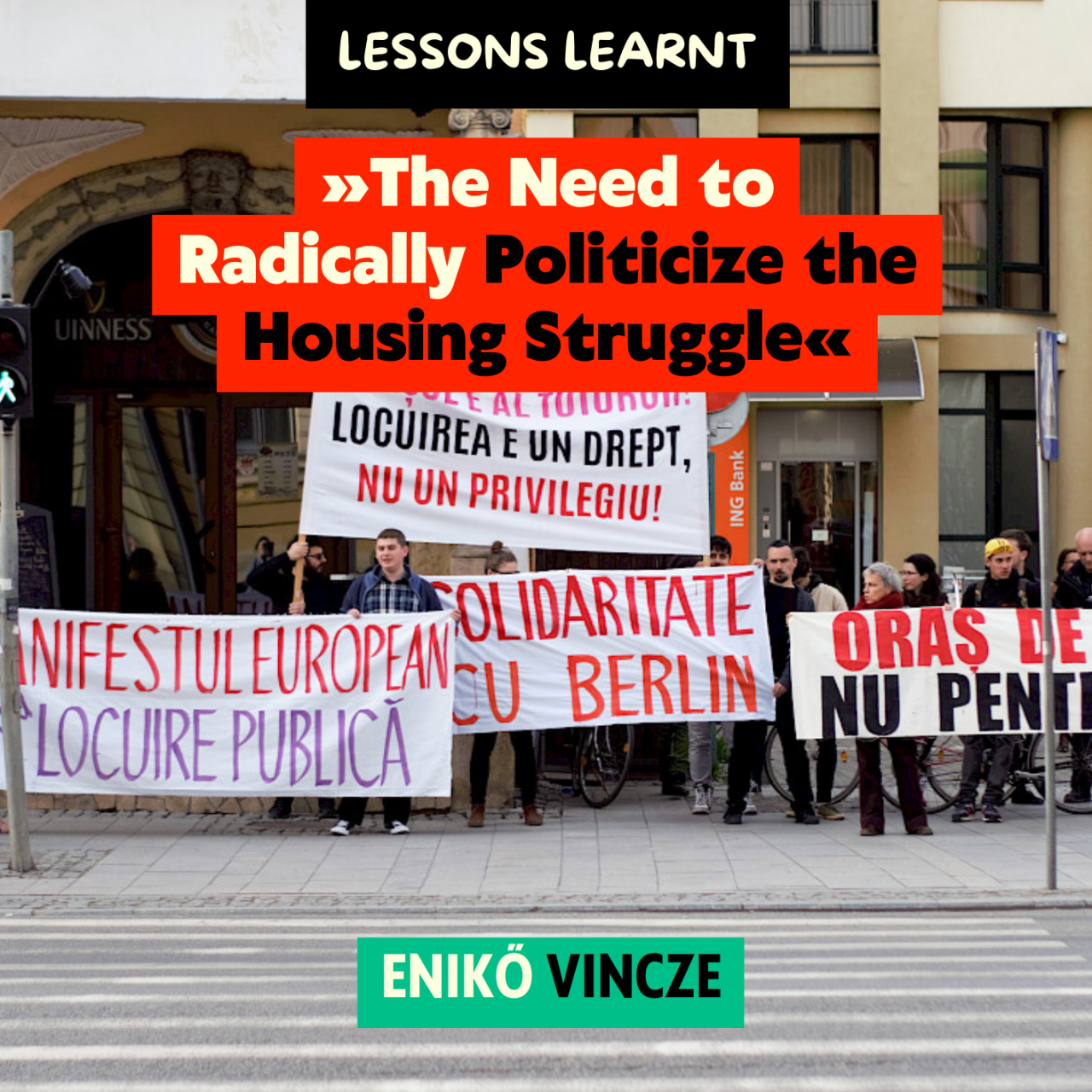Coming to Terms with the Why
In the process of dealing with my fears, I talked to Nigel Tann, the director of training at People’s Action, who was leading the overall training arch for this “Fundamentals of Organizing” webinar. Instead of just assuaging my fears in a non-committal way (“Don’t worry, you can do it”), Nigel asked me a simple question:
Sören, why are you doing this? Why did you want to lead this training session?
Nigel Tann
This gave me some food for thought. Yes, why was I doing this? Why did I want to walk into a situation that I knew would be challenging and risky? As a trainer, I would stand in front of a room full of strangers and ask probing, often personal questions. Participants might become annoyed and defensive, pushing back in a way that might derail the whole training and leave me in a state of despair. These, at least, were my nightmares about how it might go.
Lying awake the night before the training, I thought about the “Why”. I thought about my vision of building a grassroots organization that reaches across national borders and brings together people from all parts of Europe, and eventually the world, to fight for a global society based on the value and dignity of all human life. I thought about my anger at seeing the world descend into the trap of nationalism in the last 15 years, about the borders that were being erected and the deportations taking place everywhere, and how I had longed and worked for a chance to do something meaningful and effective about this for years.
I thought back to my own experiences of exclusion – I thought about how when I was a kid in elementary school, I was bullied for years because I was supposedly not the “right kind” of boy, because I was open and vulnerable about my emotions. I thought about how this experience had made me alert for the mechanisms of exclusion in our society, including the ones that we take for granted – like national borders.
I thought about my difficult family history and how we had been affected by the dismantling of the German welfare state in the 2000s. I remembered how my mum had feared every letter from the Jobcenter – the agency that administers welfare payments (“Hartz IV”) in Germany. I thought about Gerhard Schröder, the German chancellor at the time, explaining that we had to cut social services due to “globalization,” and how I had realized later that the way global capitalism was set up was undermining wages, working conditions, taxes and social services everywhere. I thought about how this exact realization had landed me at Justice is Global, the organization that I was now working with, which was working on a vision to create a just, progressive globalization.




